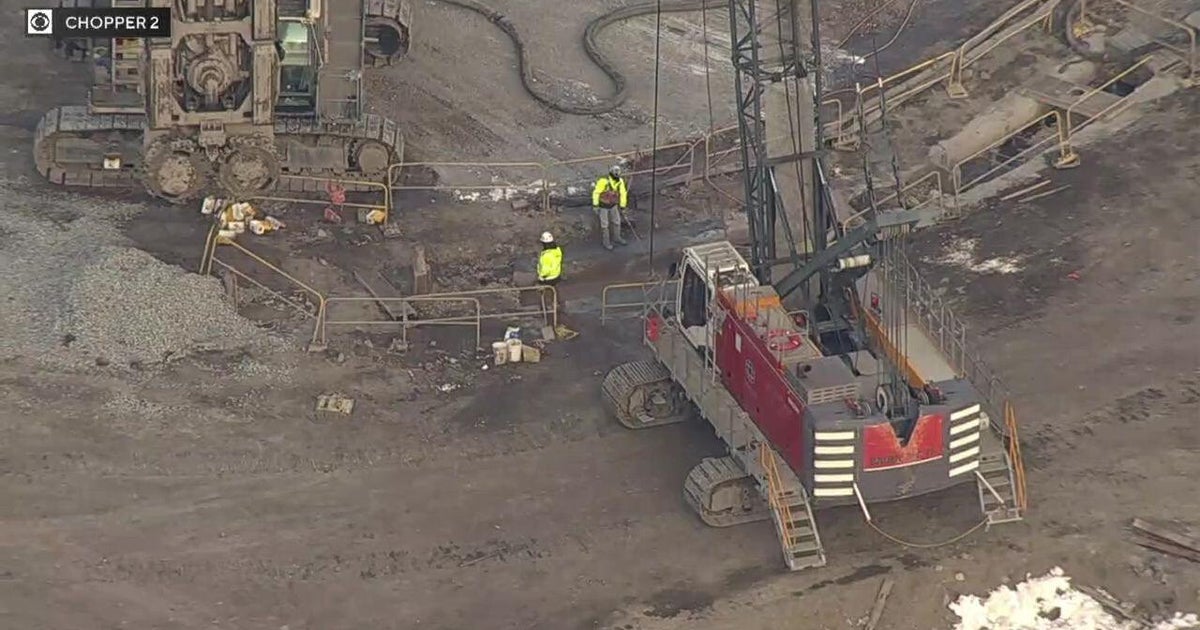Tillerson says "absolute alignment" between State, White House despite appearance of "disunity"
Secretary of State Rex Tillerson sidestepped questions about talk of White House infighting on Sunday, saying on "Face the Nation" there is "absolute alignment" between the State Department and the West Wing when it comes to addressing issues such as policies on Iran and North Korea.
"I know the appearance of it certainly looks like there's sometimes disunity," he said.
Tillerson called Mr. Trump a "very unconventional person," saying "the president often takes steps to force an action when he feels things are just not moving."
Tillerson's comments came just days after President Trump said his administration "cannot and will not" certify Iran's compliance with the Iran Nuclear Agreement Review Act (INARA) agreement to Congress.
The U.S. will remain in the Joint Comprehensive Plan of Action (JCPOA) reached under Obama in 2015. Mr. Trump is now looking to Congress to revise the INARA, as well as to ally nations in the JCPOA to come up with a new set of restrictions on Iran to coincide with the JCPOA. The president accused Iran of not living up to the "spirit" of the original deal.
When asked why Iranian officials felt that they were not given a proper warning of the move, Tillerson said they had a "good sense" of where the president's decision would likely go following conversations on the sidelines of the United Nations General Assembly.
"The time will come when we do need to engage with Iran. We want to ensure though that our friends and allies and the other parties to the nuclear agreement have great clarity around the president's policy, which is far beyond just the nuclear agreement," said Tillerson.
He added, "I think one of the unfortunate aspects of our relations with Iran over the last several years has been it has been defined almost entirely by this nuclear agreement to the exclusion of so many other issues that we need to deal with with Iran. So, part of this conversation is to deal with the nuclear arrangement but also deal with these broader issues that concern us."
Tillerson said Mr. Trump now wants Congress to give its sense of the growing issue and present a strong unified voice that represents the American position, "which then allows us to engage with friends, and allies, and other signatories around how do we address these gaps and these flaws in this nuclear agreement."
When asked by CBS News' John Dickerson what the future holds for the deal should Congress not act, Tillerson said if that if Congress does nothing, "everything maintains the status quo, and it'll be up to the president then to decide how does he want to motivate addressing the gaps in this issue."
He added, the president has been "very clear" that "if we cannot see movement, if we don't see some encouragement that we're going to begin to address these, then there's no reason to stay in. And he has every intention of walking out."



